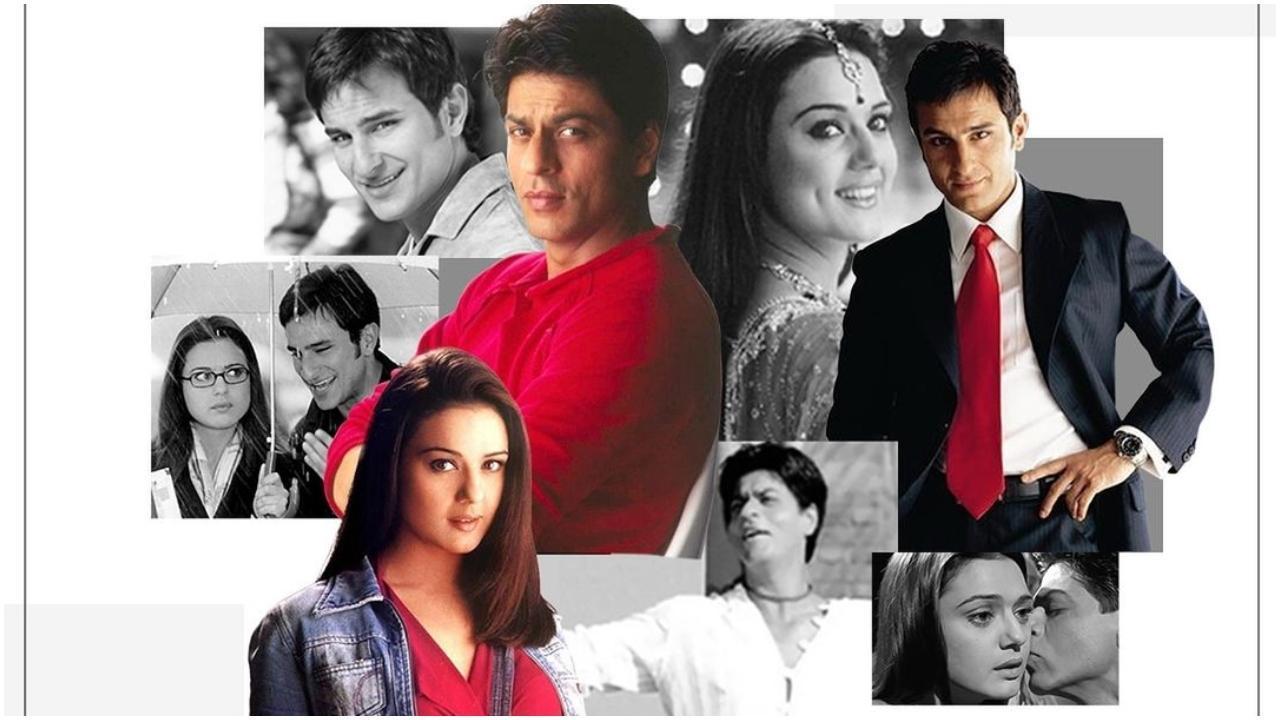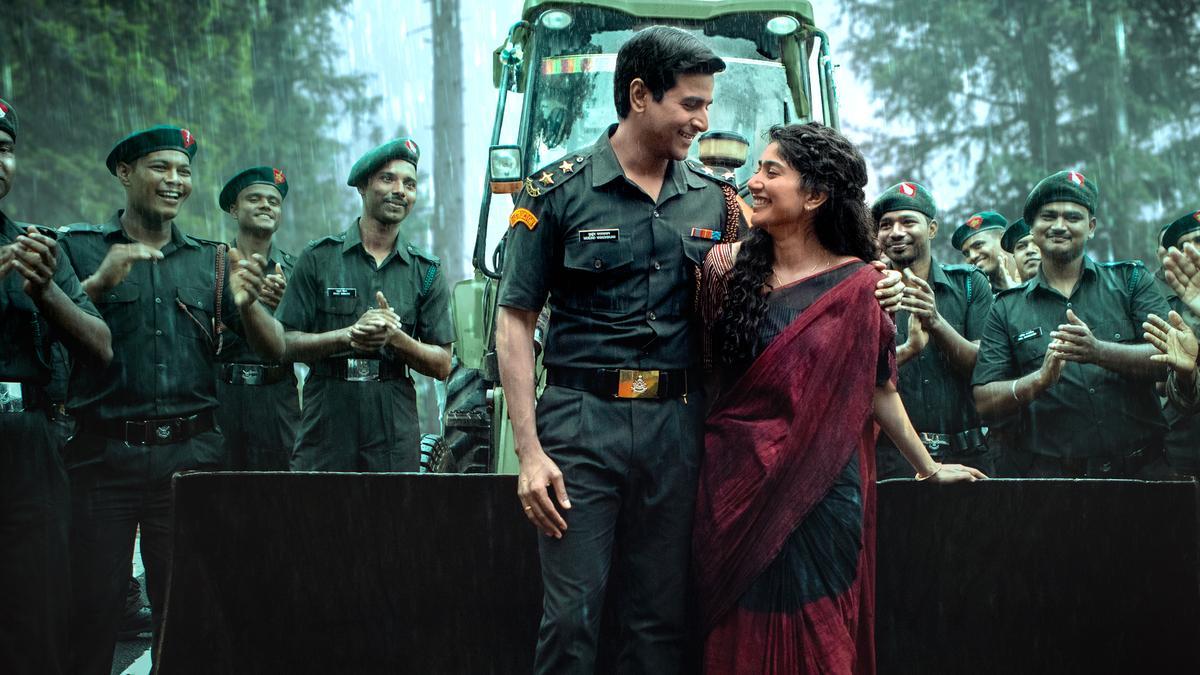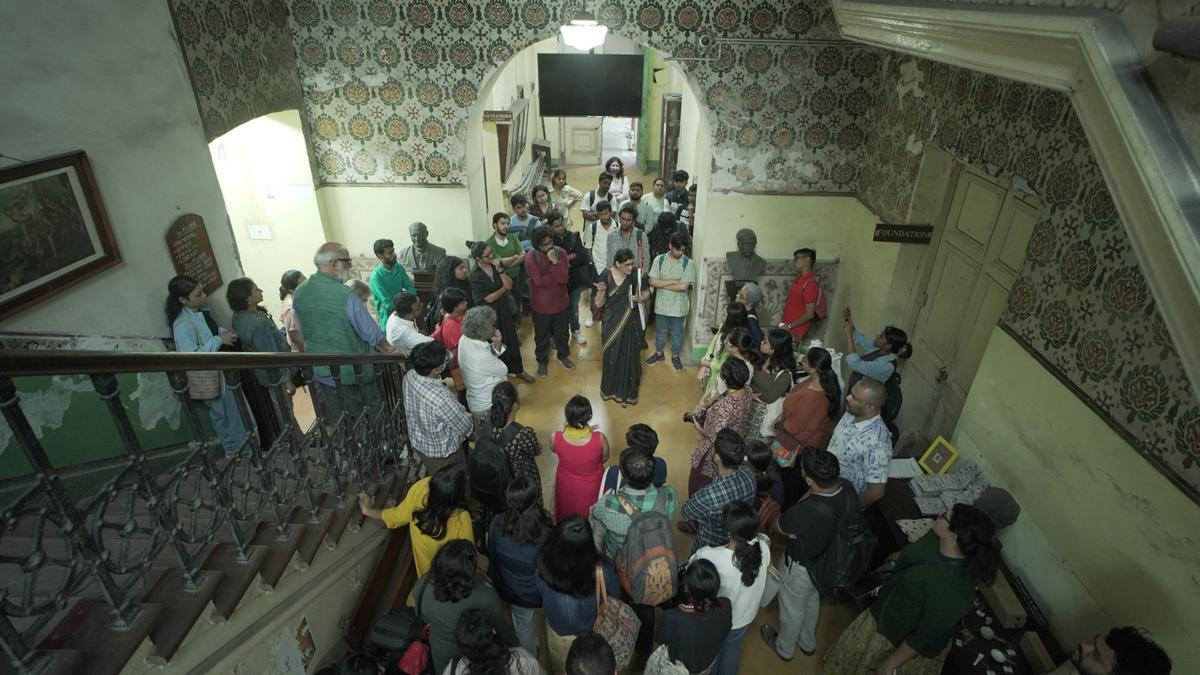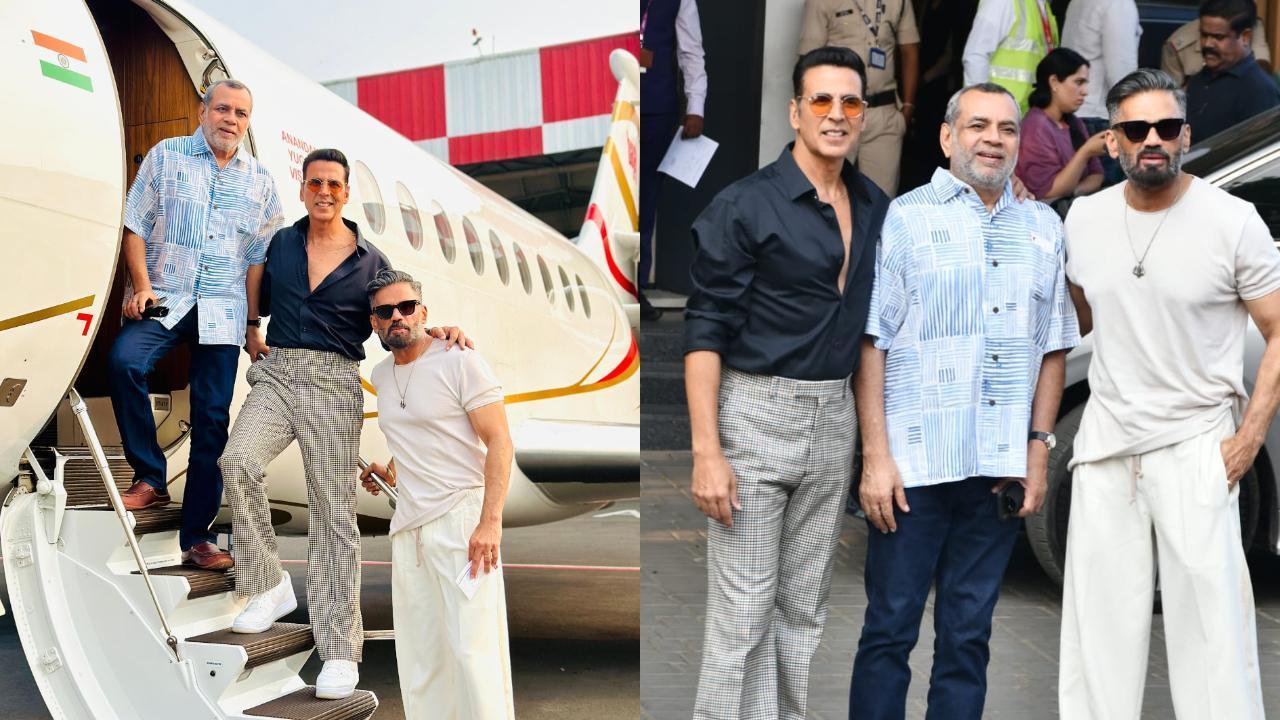
In a realm where every motion and word typically adheres to a meticulously crafted script, a new chapter is being written by the ambitious and audacious actor Mukul Chadda alongside his equally talented counterpart, Rasika Dugal. The duo, often praised for their stellar performances, embarked on an unorthodox journey while filming “Fairy Folk,” a narrative that marries the seldom-explored genre of magic realism with the daring art of improvisation.
Mukul Chadda, who found himself spellbound by the concept, knew from the start that “Fairy Folk” would be no ordinary cinematic experience. The film’s unique appeal lay in its genre—magic realism, a narrative style infrequently ventured into within the dominion of Hindi cinema. To amplify the intrigue, the film’s director, Karan Gour, made a bold decision to shun the traditional moorings of filmmaking, pioneering an approach driven entirely by spontaneity. Chadda and Dugal were not simply selected as leads but were blessed with the rare liberty to navigate each scene with their innate creativity, molding the storyline through continual improvisation.
Describing the unconventional process, Chadda reveals, “The entire film is improvised, every single dialogue! Karan provided an outline of 80-odd scenes, establishing a skeleton of sorts. We furnished the flesh, as it were, with impromptu lines and character movements. The process was liberating, with certain takes stretching up to an astonishing 25 minutes.” This experimental form of filmmaking demanded an exceptional degree of agility and finesse from its players, who rose to the occasion with an intrepid spirit.
“Fairy Folk” weaves the strange and spellbinding tale of a couple whose ordinary existence is challenged by a peculiar encounter with a hairless, genderless entity. It is a venture that delves deep into the human psyche, prodding its audience to ponder profound themes such as gender identity, human longing, and the Sisyphean pursuit of an unattainable perfection. Chadda speaks of the filming as a tightrope walk between the fantastic and the normal, “We had to navigate through surreal scenarios while reacting with the gravity and believability of everyday life. The film is a mosaic that brings into frame various ideologies and human conditions.”
Beyond the allure of the genre and the refreshingly dynamic playbook, there was an additional magnetism to the project: the opportunity for Chadda to share the cinematic space with his real-life partner, Rasika Dugal, an individual he holds in high professional regard. “Rasika is an extraordinary talent,” Chadda asserts. “Our scenes are perhaps further enlivened by our off-screen bond, as it’s only natural to carry a part of ourselves into any role. But I trust in our abilities as professionals. I believe we could have achieved this chemistry even if our partnership was confined to on-screen alone.”
Working under such a radically different methodology, the absence of fixed lines entrusted the actors with immense responsibility but also granted a rare authenticity to each scene. It’s a testament to their skills that Chadda and Dugal not only accepted this challenge but thrived, breathing life into a film that might redefine genre expectations and filmmaking processes in Indian cinema.
The journey through “Fairy Folk” thus stands as a celebration of the unscripted, the unplanned, and the unforeseeable: a reminder that even within the crafted realm of cinema, there exists a space for the magic borne out of the moment. It’s an exploration of fiction that brushes against reality, blending the two until it becomes impossible to discern where one ends and the other begins. In this enchanting act of improvisational storytelling, Chadda and Dugal reaffirm their unwavering dedication to their craft, inviting the audience to believe in the organic unfolding of narrative, and leaving an indelible mark on the landscape of Indian cinema.










